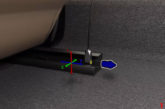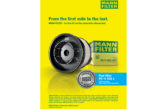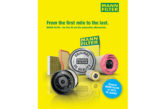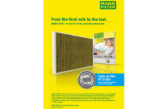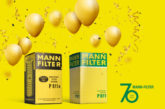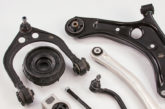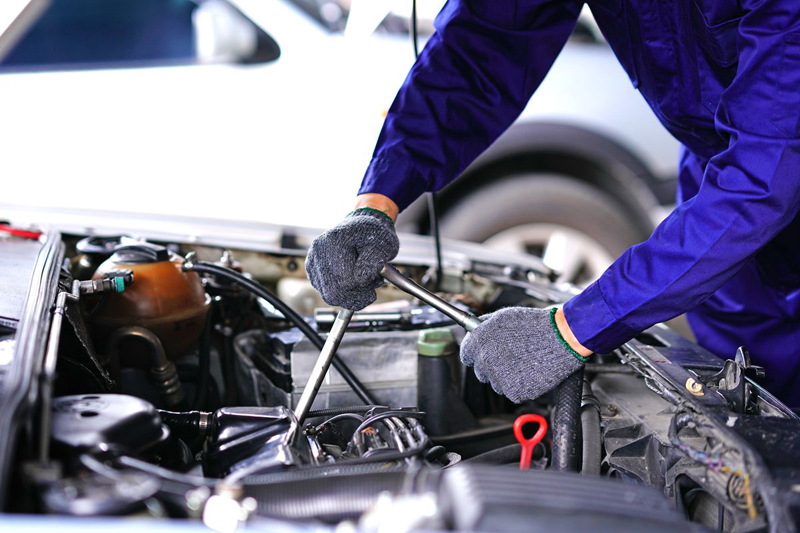
ASAP Innovations has outlined the threats to PPE supply, the cost of fake PPE, and how those in the automotive sector can identify fraudulent products.
The past year has seen a raft of stories pertaining to the supply of essential Personal Protective Equipment (PPE), and while the majority of this focus has been on the impact to the healthcare sector, there are many other industries that rely on PPE to protect staff.
ASAP Innovations has expressed how critical it is that those working in the automotive sector remain protected from fake PPE, supply shortages and regulatory changes.
Since the start of the pandemic last year, there have reportedly been multiple issues for PPE supplies, including worldwide material shortages, increased demand and fraudulent products. At the end of 2020, it was revealed that the world’s number one manufacturer of protective gloves in Malaysia saw 55% of its factories being shut, threatening supply in the coming months. In addition, Brexit challenges are on the horizon after the initial grace period of certifications comes to an end.
Sean Keller, Managing Director, ASAP Innovations, said: “These issues pose a threat to the supply of protective equipment and it’s therefore essential that those operating in the automotive sector get on top of this now to ensure they’re able to continue protecting their staff and ultimately continue output.
“Working with a supplier who is aware of these issues and has contingency plans in place to deter any potential shortages will be essential in the coming months in particular. In addition, it’s imperative that those purchasing PPE understand how to ensure they are buying legitimate and certified PPE to avoid fake equipment that doesn’t actually protect workers. We ourselves have seen fraudsters trying to replicate our brand over the past year as groups attempted to cash-in on the increased demand for protective equipment.”
With this in mind, here are the five key areas that certified and registered PPE will fall under:
- Notified bodies – An organisation designated by an EU country to assess the conformity of certain products before being placed on the market. All notified bodies which are designated to assess PPE are listed on the EU Commission’s NANDO(New Approach Notified and Designated Organisations) website which is updated regularly, so purchasers should look for products that have been certified by notified bodies
- CE Markings – Indicate that the product has been assessed by the manufacturer and deemed to meet EU safety, health and environmental protection requirements – a requirement for products placed on the EU market that are manufactured anywhere in the world. The Manufacturer providing the EU market with the product is obligated to issue a declaration of Conformity, meaning they take full responsibility for placing the product on the EU market
- Technical file – Provides information on the design, manufacture, and operation of a product and must demonstrate the product conforms to the applicable requirements. The technical documentation is necessary to prove the product meets the essential requirements to justify and support an EU declaration of conformity
- EU declaration of conformity – A mandatory document that a manufacturer or the authorised representative need to sign to declare the products comply with the EU requirements. The document must reflect: manufacturer, the address, implementation standard, ingredient content, production batch number, production date and expiration date, to name a few. Suppliers of gloves and masks should provide the technical file and EU Declaration of Conformity
- EN standards – Medical products on the EU market should comply with EN standards. For example, masks should comply with EN 14683 and EN149 standards and gloves should comply with EN 455 and EN 374 standards. A lot of businesses that are supplying fake and unsuitable PPE will have the wrong standard in relation to the given masks or gloves
Sean concluded: “Sadly, the demand for PPE over the past year has presented opportunities for fraudulent activities. However, now that the initial rush on PPE has settled, purchasers mustn’t fall foul to uncertified products. Partnering with a credible, reliable and most importantly, certified manufacturer of PPE will ensure that organisations in the automotive sector protect of all their staff, enabling maintained output.”


